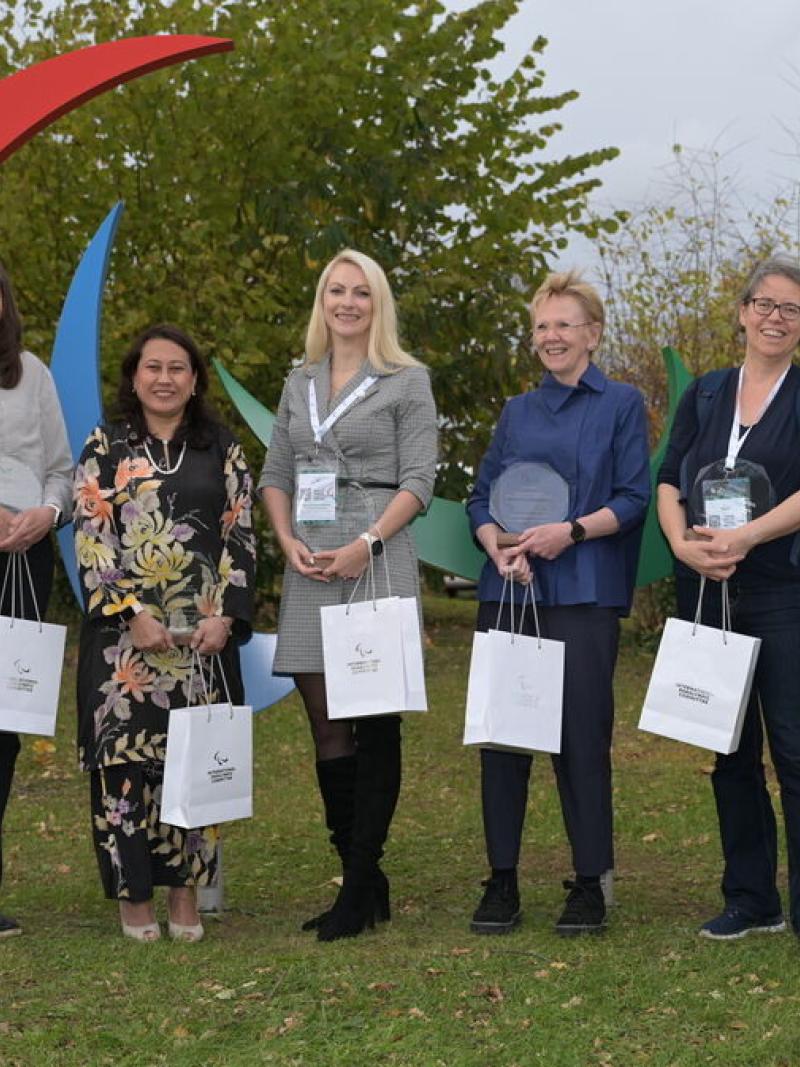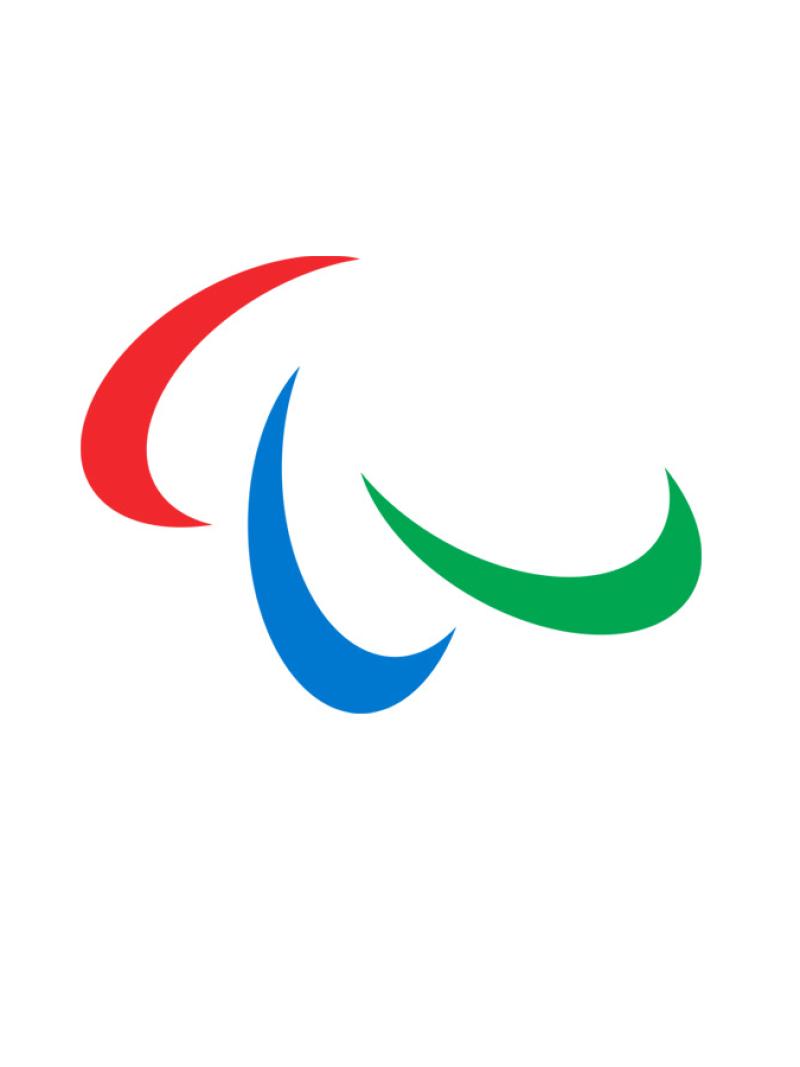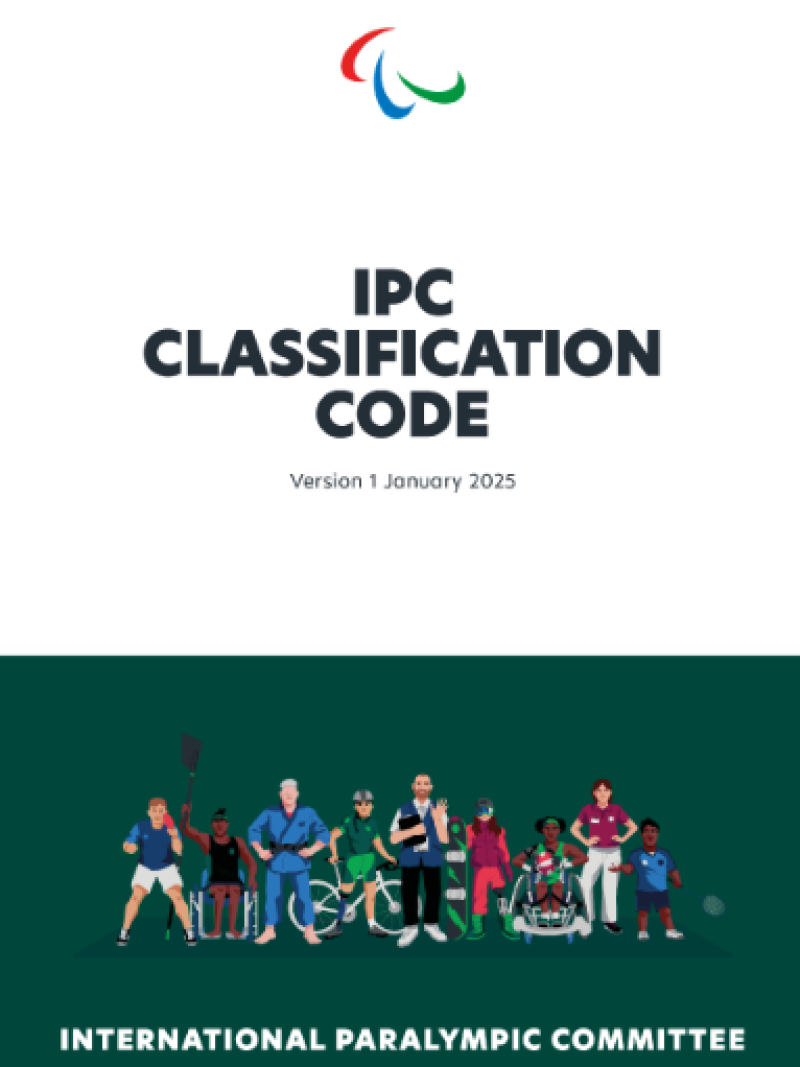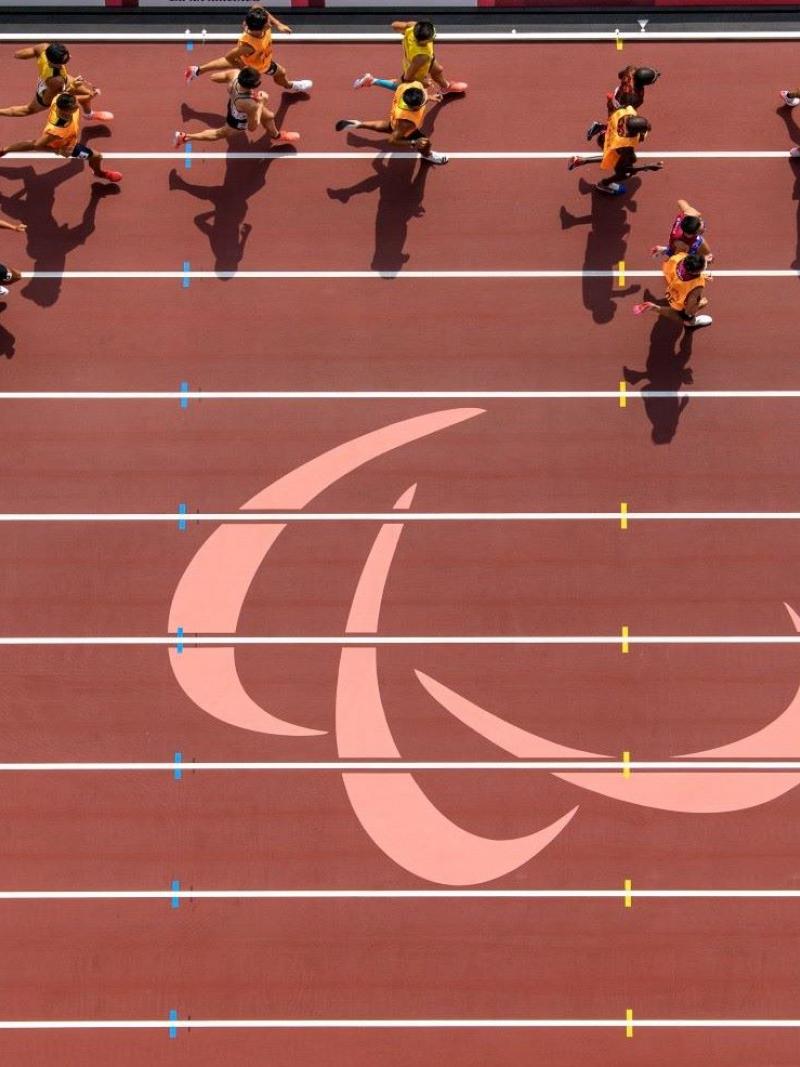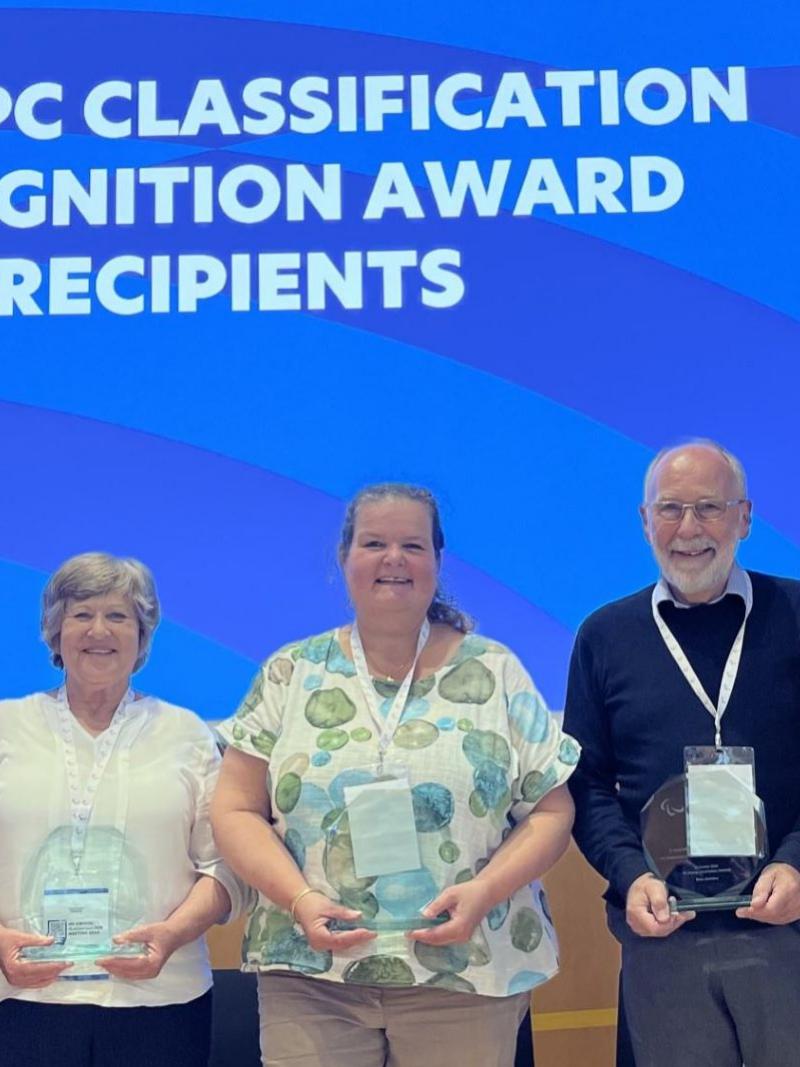IPC Classification Community Gathers to Advance Standards
Participants from across the Paralympic Movement gathered for the three-day meeting aimed to foster learning, dialogue, and strategic alignment. 27 Oct 2025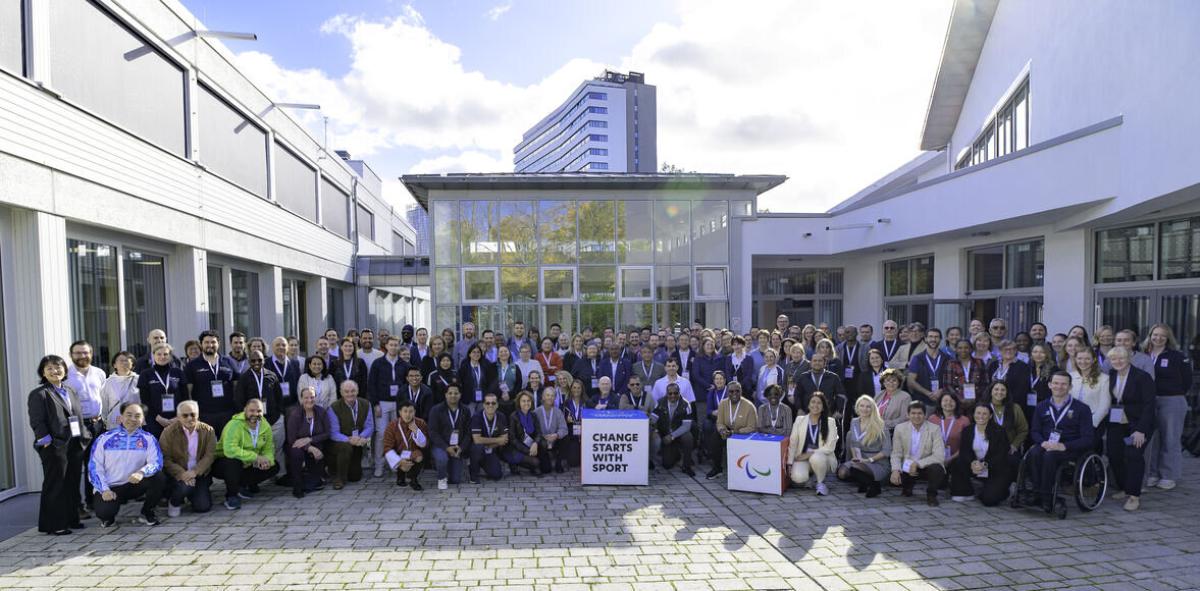
More than 150 participants from across the Paralympic Movement gathered in Bonn, Germany, for the International Paralympic Committee (IPC)’s Annual Classification Meeting, held from 23 to 25 October 2025. The three-day meeting aimed to foster learning, dialogue, and strategic alignment among key stakeholders.
The annual gathering brought together representatives from National Paralympic Committees (NPCs), International Federations (IFs), Recognised International Federations, Regional Organisations, International Organisations of Sport for the Disabled, and IPC staff. A central focus of the meeting was the implementation of the 2025 IPC Classification Code and International Standards, with sessions designed to engage both broad and specialised audiences and promote collaboration across the classification community.
The IPC Chair of the Classification Compliance and Oversight Committee, Jan Burns, said: “The IPC Annual Classification Meeting has just concluded — and what an incredible event it’s been! With the release of the new IPC Classification Code, this is a pivotal moment for the field, and stakeholders are already gearing up for its implementation. Despite the intensity of this transition period, the atmosphere was charged with enthusiasm, collaboration, and a remarkable exchange of expertise. The more than 150 participants came together, and the sense of community and shared purpose was unmistakable. It’s clear: progress isn’t just being made — it’s being embraced.”
Day one opened with a short address from the IPC President Andrew Parsons which was followed by IPC updates on the implementation of the 2025 Classification Code and International Standards. Participants also explored shared challenges and opportunities. Key topics included strategies for developing classification systems within NPCs, strengthening classification leadership roles for IFs, and enhancing management practices across IF classification structures.
The second day focused on education, awareness, and innovation. Sessions also explored the role of media and positive storytelling, translating research into practice, updated guidelines on underlying health conditions and eligible impairments, and integrity and investigations.
Isabella Zens representing Union Cycliste Internationale (UCI) said: “I really enjoyed my first attendance at the Annual Classification Meeting. It was a great opportunity to meet many people in person that I am in regular contact with. Face to face interactions lead to so many great conversations that can really help advance our work.
“Seeing that we are all working towards the same goal and with the same challenges was a great reminder that Classification is really a community and everyone was so supportive and friendly.”
The day concluded with the 2025 Classification Recognition Award Ceremony, where five awards were presented to individuals and teams for outstanding contributions to classification. The awards highlighted excellence in impact, leadership, innovation, and commitment to athlete-centred practices, reinforcing the importance of collaboration and continuous development across the global classification community.
Abena Tannor representing NPC Ghana said: “It has been a great experience meeting so many people. For me it wasn’t only about learning, it was also about coming to try and find solutions to some of the challenges we face as NPCs, and especially within my country. It was brilliant to connect with so many people who were focused on developing these solutions and I look forward to using all my new connections.”
The final day featured a topic on safe sport and wellbeing. Participants reviewed annual classification data and discussed upcoming rule changes through consultation and engagement. Other sessions were designed around the topics of continuous development of classifiers, gathering athlete feedback, and shifting perceptions around protests and appeals. Innovative practices for national, zonal, and regional classification were shared, and strategies for engaging with classification research were explored during a forward-looking activity on the future of classification.
Commenting on the annual gathering, IPC Head of Classification Michael Hutchinson said: “This year’s Annual Classification Meeting was impactful and delivered meaningful dialogue. This is an important time as we work on the implementation of the Classification Code, however there was an overwhelming sense of community among the attendees that highlighted the shared responsibility we all have towards developing classification. It was a pleasure to welcome everyone to the IPC Campus and on behalf of Team IPC we thank everyone for their involvement.”





